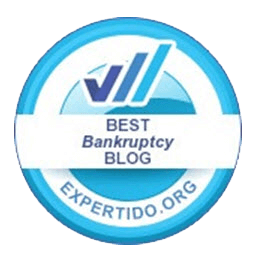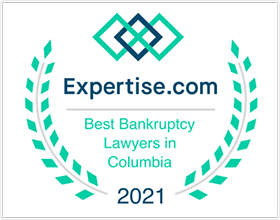South Carolina is by no means a stranger to the fluctuating economy to which other states in the nation are regularly exposed. Whether you’ve lived here for decades or are a newcomer to the state, you likely understand how challenging it can be to overcome significant financial problems when they arise. Perhaps you’ve already rebounded from such situations a time or two in the past. If so, the type of solution you chose may have greatly affected your outcome.
If your finances veer way off track, you may decide that you need to file bankruptcy. This type of debt relief often helps restore financial stability in the long-run while bringing immediate relief that enables you to satisfy existing debts as well. There are usually several bankruptcy options available to those who qualify. The key is to seek clarification ahead of time regarding the eligibility requirements and the options that work best in which situations.
Assess your situation to determine a course of action
The two most common forms of bankruptcy are Chapter 13 and Chapter 7, although qualifying for one does not necessarily mean you qualify for the other. The following information explains the differences between both types of debt relief, which may help you determine which one (if either) best fits your needs:
- People often refer to Chapter 13 bankruptcy as a wage earner’s plan. That’s because the main eligibility requirement is that you must show proof of regular, reliable income.
- The amount of your income also matters when it comes to Chapter 13. If you earn less or more than the South Carolina median, it will affect the type of payment plan you may use.
- If you have disposable income to pay back unsecured debt, you may not qualify for Chapter 7 bankruptcy.
- If retaining ownership of your assets, such as your home, is your highest priority, Chapter 13 would be the option that helps you do so.
- Chapter 7, on the other hand, involves complete liquidation of assets in order to pay back debts, with some limited exceptions.
- You may be able to discharge certain types of debt through one form of bankruptcy but not the other.
You can be hopeful that through appropriate guidance and debt relief support, you’ll find a viable option to help you get your finances back on track. In fact, most financial problems are temporary. Such situations can be quite overwhelming, however, which is why most South Carolina residents tap into support resources to help them navigate the debt relief system.



